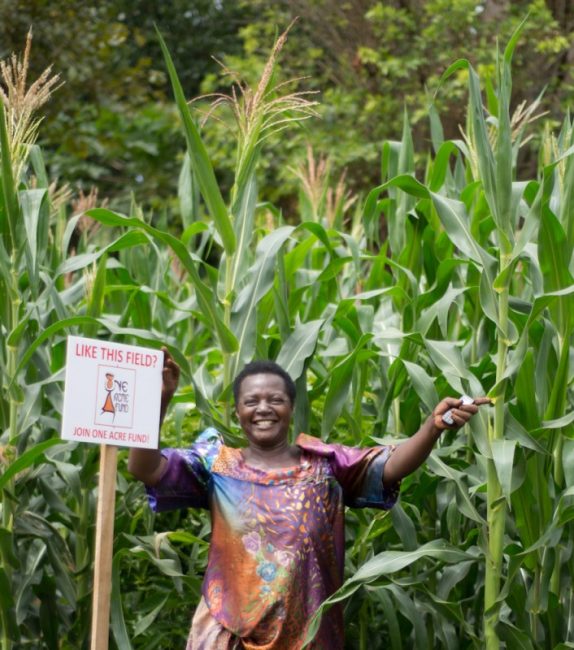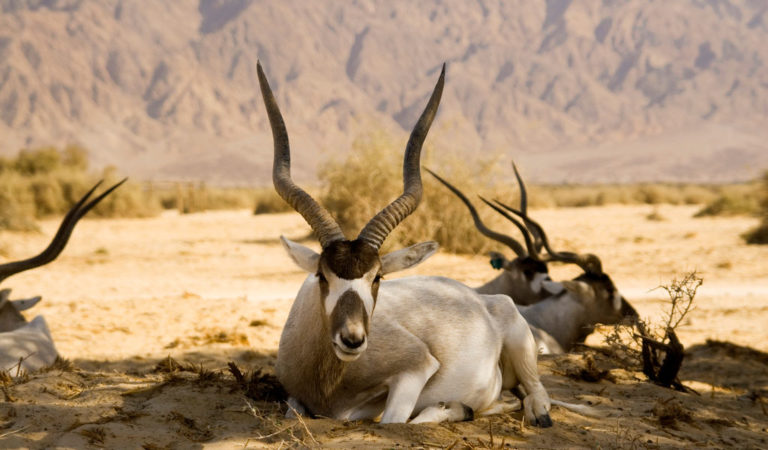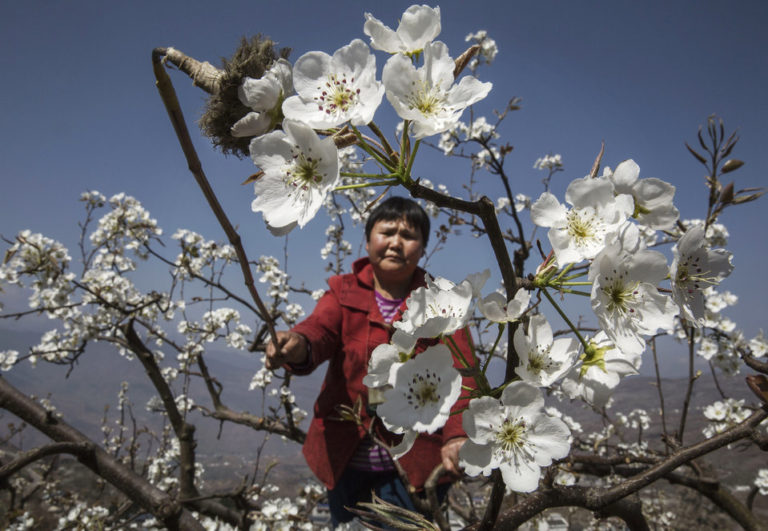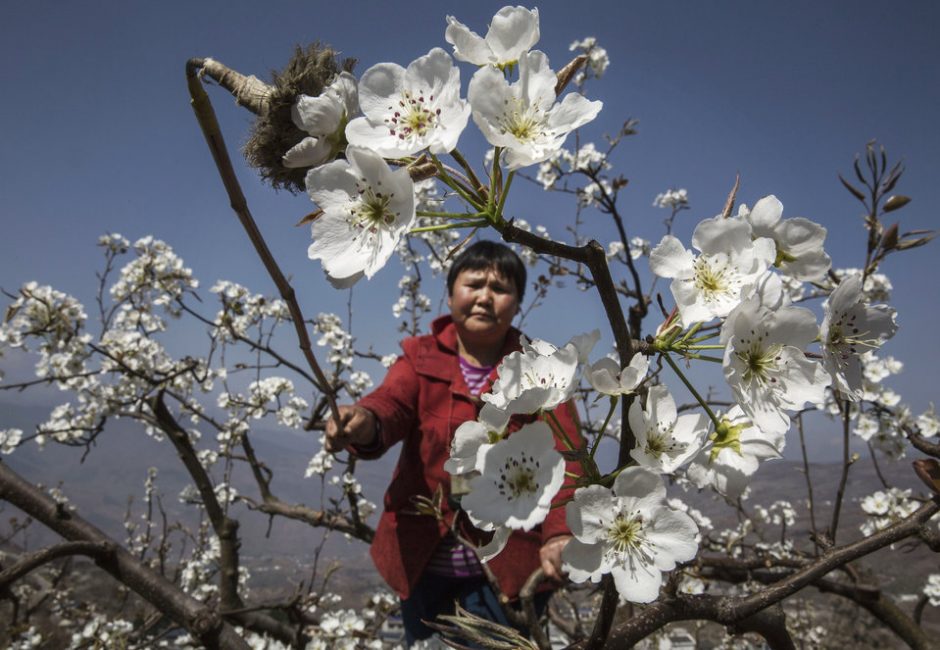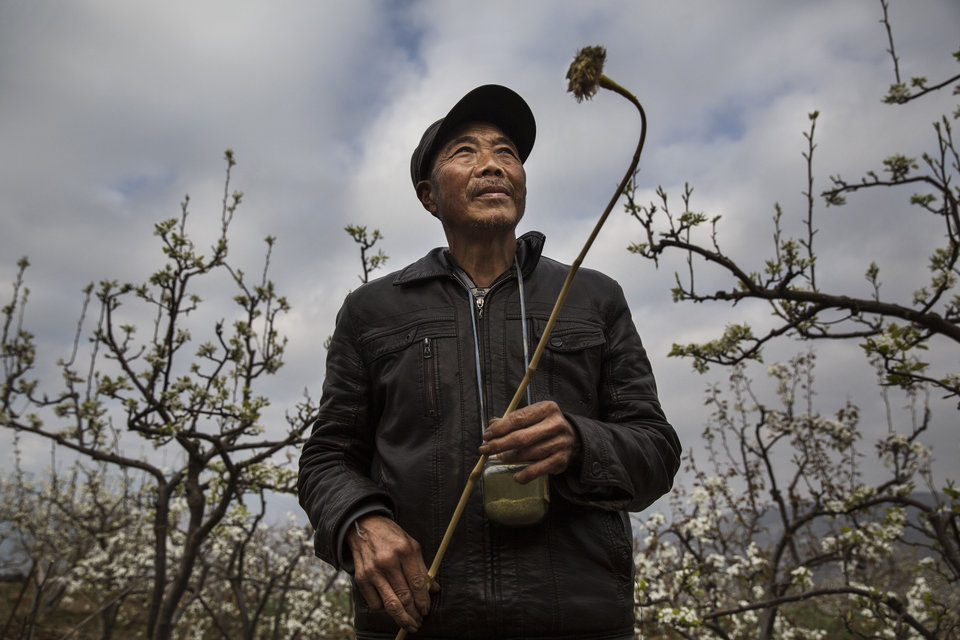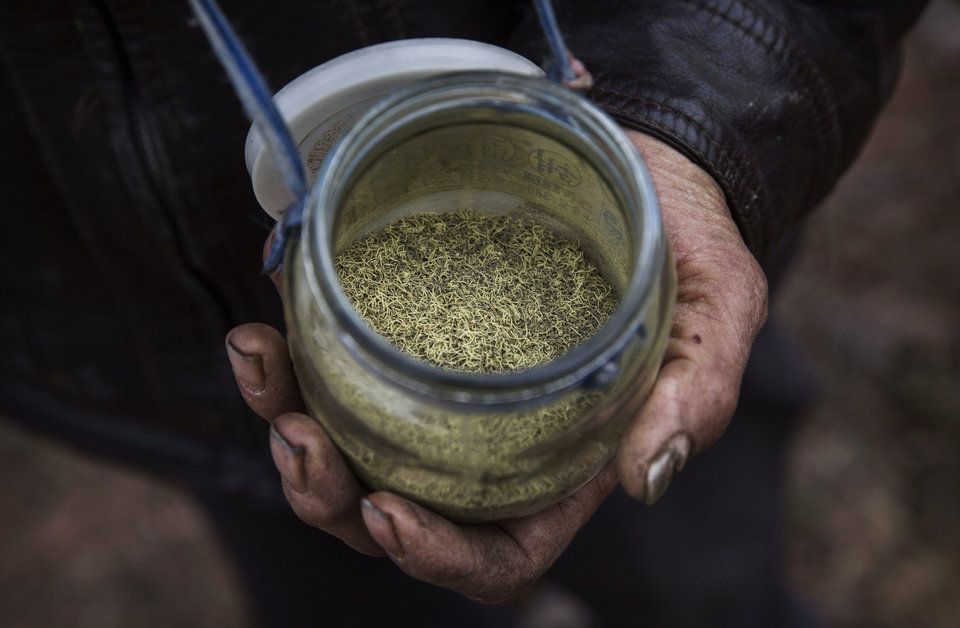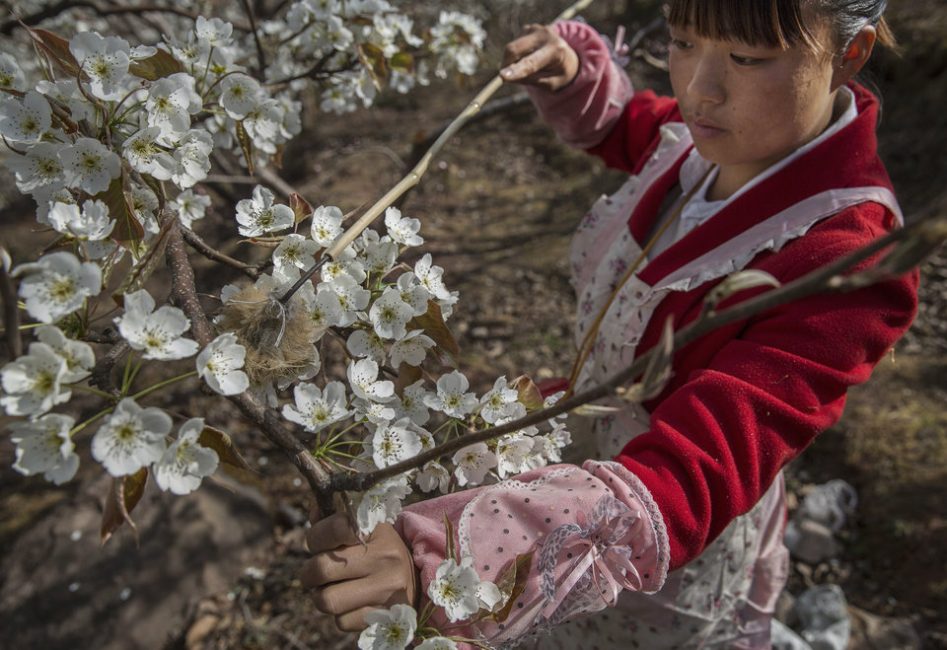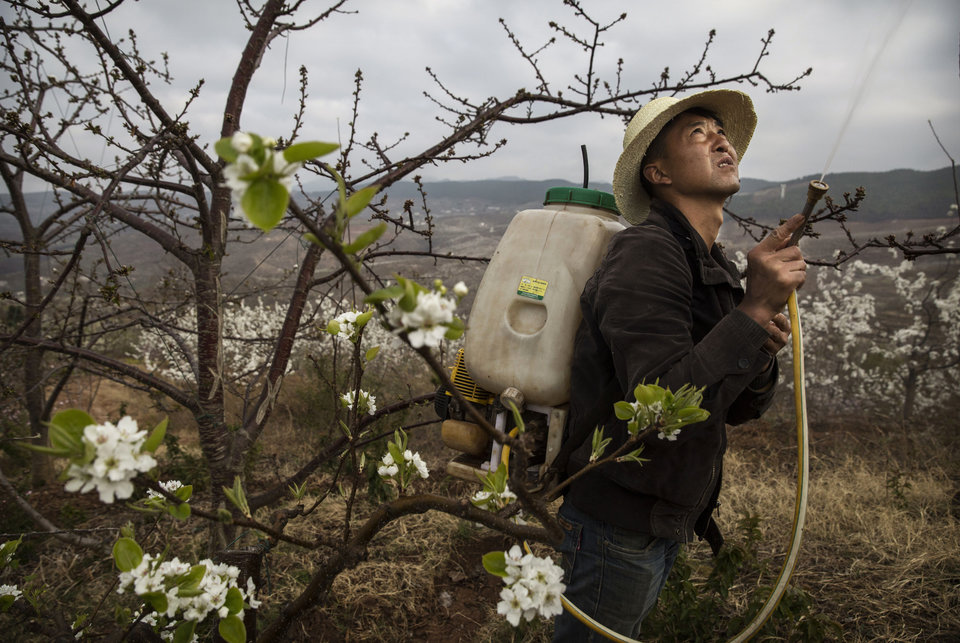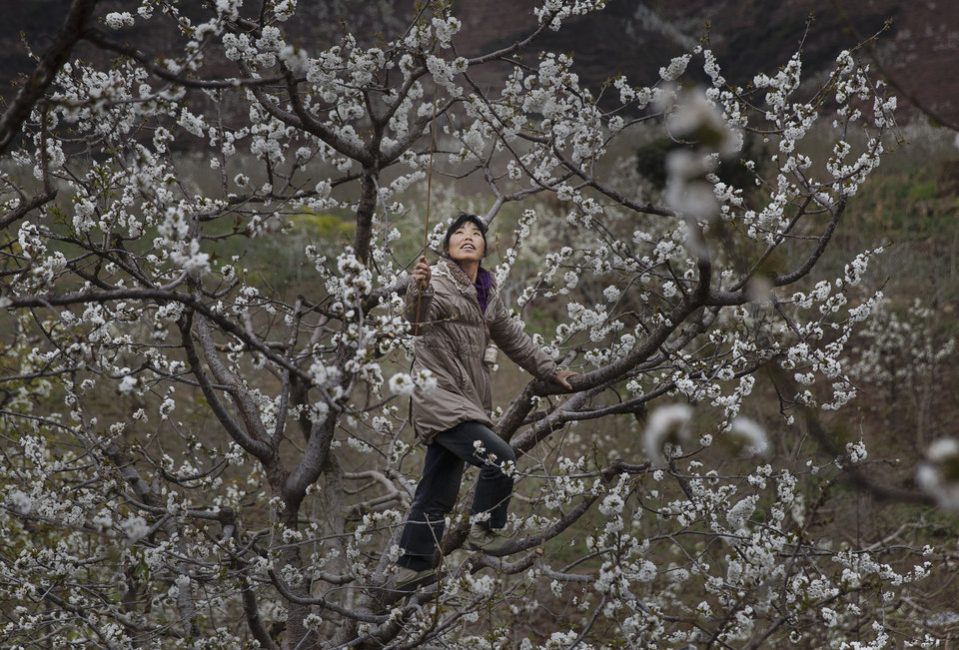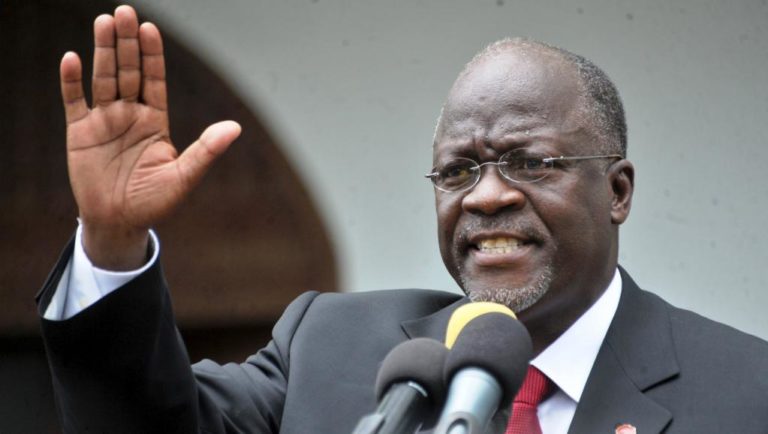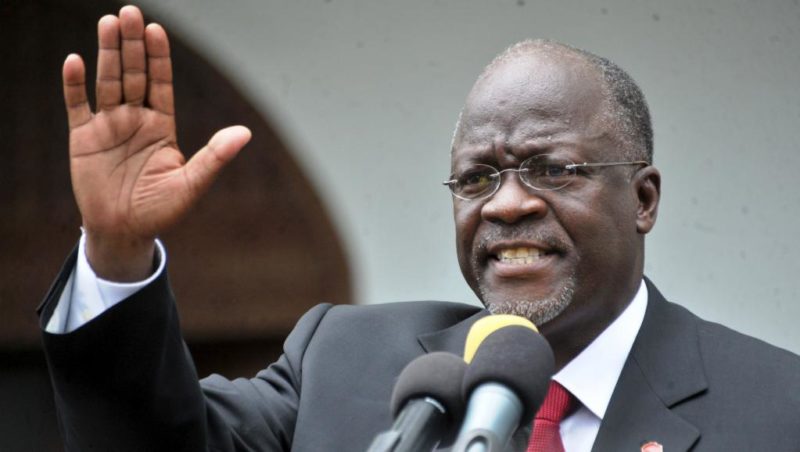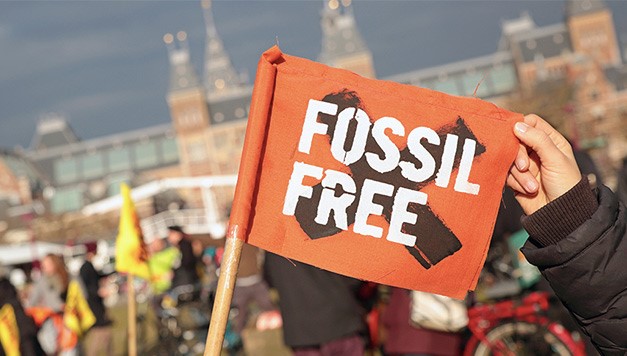At a recent event in London, indigenous and civil society leaders call for an end to human rights violations and land grabbing linked to millions of tons of palm oil imported into Europe every year
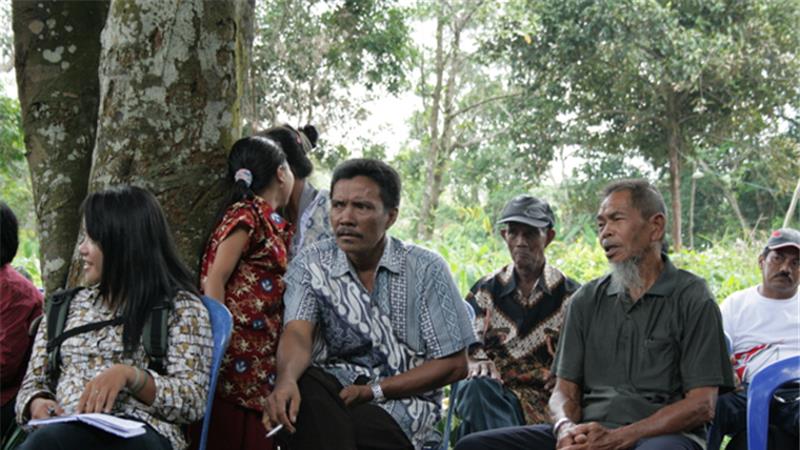
Indigenous, community and civil society leaders visiting Europe from across the world on Wednesday in London issued a call for urgent action in the EU to respond to the human rights abuses directly or indirectly linked to palm oil supply chains.
Visiting delegate Agus Sutomo, director of the Pontianak-based NGO LinkAR-Borneo, in West Kalimantan, Indonesia, said, “We need the global community to understand that when they are consuming palm oil and biofuels they are consuming the blood of our peoples in Indonesia, Liberia, Colombia and Peru. Human rights violations are being committed by an industry that is expanding due to the EU demand for palm oil and bioenergy.”
Despite efforts to regulate the palm oil industry with initiatives such as the Roundtable on Sustainable Palm Oil (RSPO) and controversial climate standards like the International Sustainability & Carbon Certification (ISCC), testimonies from the delegates reveal the industry is failing to be accountable to affected communities.
“What do we mean by the term sustainability? The palm oil industry has not dealt with many of the past and present violations of community rights by agribusiness developments. It is not enough to create voluntary certification schemes, while we continue to suffer land grabs and the on-going violation of human rights” said Franky Samperante from Sulawesi and the founder-director of the indigenous peoples’ organisation Pusaka.
He adds, “The uncontrolled expansion of palm oil plantations is creating land rights conflicts, leading to social and cultural upheaval and unprecedented environmental damage.”
From April 25th to May 4th the delegates from Indonesia, Peru, Colombia and Liberia gave personal testimonies of the impacts of the palm oil industry to members of the European Parliament and Director-Generals of the Environment, Trade, Energy, Climate and Development Aid at the European Commission as well as Commissioners’ cabinet members, to press for stronger EU regulation of palm oil supply chains. They also shared with high-level decision makers their grave concerns about the rapid expansion and projected increase in the area of land slated for palm oil plantations and production of biofuels, which is set to double in the coming years in countries such as Indonesia.
Delegation activities also included visits to a palm oil refinery installation in the Port of Rotterdam and to Canary Wharf, the heart of the international finance industry in the City of London. These actions were taken to inform decision makers and to allow delegates to witness first-hand the extent of the palm oil supply chain in Europe.
“Since much of the global demand for palm oil based commodities is being driven by EU consumption, we need strong binding regulations of supply chains bringing palm oil and other agricultural commodities to Europe, not voluntary schemes” said Ali Kaba, programme coordinator and senior researcher at the Sustainable Development Institute, a Liberian civil society organisation. “When you have palm plantations in the absence of secure rights to customary land or indigenous lands in reality it can often lead to land rights violations and human rights abuses, environmental damages and poverty for the communities affected by that industry.”
Progressive certification schemes like the RSPO can sometimes be useful to communities as they are often the only immediate means to challenge corporate abuses and destructive plantation development. In order to be more effective, certification complaints systems like that of the RSPO must be strengthened and better equipped to respond and investigate community complaints, disclosed participants.
However, testimonies from communities on the ground highlight that green labelling and voluntary approaches are not adequate to properly provide redress for community grievances, and are insufficient to ensure protection for land rights and full compliance with national and international human rights laws.
“We have travelled to Europe with an urgent message from our communities. When listening to people from across South East Asia, Latin America and Africa, we are hearing the same problems: land rights are not being respected by the palm oil industry and other agribusinesses. We have been left with no choice as the representatives of our communities but to come to the EU to elevate our call for the recognition of our territories in Peru,” said Sedequías Ancón Chávez, representative of the Shipibo people and leader affiliated to the Inter-Ethnic Development Association of the Peruvian Amazon.
He added: “those working to protect the environment and mitigate climate change need to understand that the most effective way to protect the remaining standing forests is to support our demands for collective legal titles over 20 million hectares of our land belonging to 1240 of our communities that still lack secure tenure rights.”
Delegates unanimously call for the EU and its member states to strengthen regulation of financial institutions and private sector involved in the agribusiness sector to ensure legality, including compliance with national and international human rights and environmental protection laws.
“Our Mother Earth is weeping for the violation of our peoples’ rights and the destruction of our environment. We visited an oil palm refinery on our mission to the EU. The smoke from this refinery represents the blood of our families first split at the hands of the paramilitaries and also the suffering that is now being inflicted by the palm oil industry.” stated Willian Aljure, land and human rights defender and representative of Communities Constructing Peace in Territories (CONPAZ) from the Mapiripan area in the plains region of Colombia. “Together we are calling for international solidarity in demanding that harmful investments and plantation operations in the palm oil sector affecting indigenous and local communities are investigated and properly sanctioned, including for historical injustices. You cannot separate human rights from environmental damage.”
In addition to a general call to action addressed to the EU, governments, the private sector, certification bodies and investors, the delegates together with a wide coalition of indigenous and civil society organisations from Peru, Europe and North America have issued a specific public demand that financial regulatory bodies remove AIM-listed United Cacao Ltd SEZC from trading on the London Stock Exchange due to the reported illegal deforestation of at least 11,100 hectares and related rights violations in the Peruvian Amazon. United Cacao’s project is being supported by financing raised on the London Stock Exchange’s junior market, the Alternative Investments Market (AIM).
“We are demanding that the London Stock Exchange immediately halt trading services and cancel registration of companies that act outside of the law.” said Robert Guimaraes Vasquez, member of the Shipibo-Conibo indigenous people of the Peruvian Amazon, “Peru has the fourth highest rate of murders of human rights and land defenders in the world. We are alerting the international community to protect the community leaders who are speaking out against the deadly palm oil industry and who now face grave dangers to their security.”
The delegates’ call to action did not fall on deaf ears with EU decision-makers, who have invited them to submit further testimonies. Reflecting a growing movement among the citizens of EU member states concerned about the potentially shattered communities and devastated forests that the palm oil in their groceries may have caused, there is an increasingly loud call for EU and member state regulators to take decisive regulatory action that does justice to this demonstration of solidarity between European citizens and the communities calling for the clean-up of global agribusiness supply chains linking Indonesia, Liberia, Colombia, Peru and other producer countries to European markets.


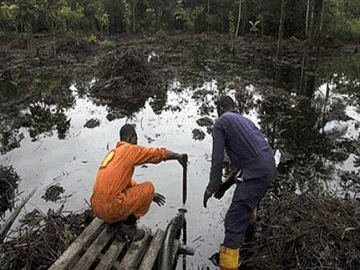

 The report, titled
The report, titled 
